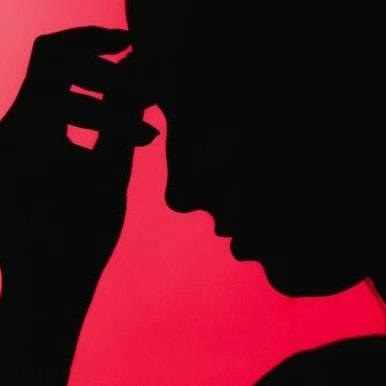
What ACEs/PCEs do you have?
There are 10 types of childhood trauma measured in the CDC-Kaiser Permanente Adverse Childhood Experiences Study. (There are many others…see below.) Five are personal — physical abuse, verbal abuse, sexual abuse, physical neglect, and emotional neglect. Five are related to other family members: a parent who’s an alcoholic, a mother who’s a victim of domestic violence, a family member in jail, a family member diagnosed with a mental illness, and experiencing divorce of parents. Each type of trauma counts as one. So a person who’s been physically abused, with one alcoholic parent, and a mother who was beaten up has an ACE score of three.

3 Sad Ways A Traumatic Childhood Stops You From Having Healthy Relationships - Life Counseling Solutions
Childhood is the prime time for brain development and the time when people typically learn to have healthy attachments and a stable sense of love and security.
But, when a person experiences something traumatic during childhood, it can interrupt their brain development and change their sense of healthy relationships.

Lifelong impact of adverse childhood experiences is a message for us all - Sheila Wayman
Children are being misdiagnosed with personality or behavioural disorders when in fact they are suffering from the effects of trauma.
To wonder what happened to someone instead of what’s wrong with them can be a transformative shift in mindset not only for healthcare workers, teachers, social workers and policymakers but for anybody who considers themselves capable of compassion.

Can Trauma Survivors Ever Have Healthy Relationships? - Kaytee Gillis, LCSW-BACS
Many of the coping skills people learn in childhood are used in their first romantic relationships.
Some of these coping skills can be dysfunctional, unhealthy, or even harmful to themselves and their partner(s).
Without doing the work of growth, these same behavior patterns will continue long into adulthood.

Take The ACE Quiz — And Learn What It Does And Doesn't Mean - LAURA STARECHESKI
An ACE score is a tally of different types of abuse, neglect, and other hallmarks of a rough childhood.
According to the Adverse Childhood Experiences study, the rougher your childhood, the higher your score is likely to be and the higher your risk for later health problems.

How Does Trauma Hijack the Brain? - Monica Johnson Psy.D.
Trauma can confuse the communication between the three parts of your brain.
Learn about and reflect on how each part of your brain reacts in different situations.
Use that information to help identify interventions that can help lessen the influence of these traumas.

How Going Through Trauma Can Change Your Brain - JR Thorpe
Traumatic events can do a number on all aspects of your health, from appetite to sleep to mental health. But it’s less well known that trauma can affect the brain. From the parts that regulate fear and anger to the sections that hold onto memories, traumatic events can leave scars in several key areas of the brain, with long-term effects for its health and functioning.

It's More Than Just Fight or Flight - Mellissa Withers, Ph.D., M.H.S
Most people are familiar with the term “fight or flight,” which describes two of the most common forms of stress responses—either retreating or sticking around to fight. Another stress response is the “freeze” response, which is the inability to move or act against the threat.
However, there is another stress response that people may not be familiar with called “fawn,” which can best be explained as appeasing or complying with an abuser as a way to survive.

How to Know If You or a Loved One Is Suffering From Trauma - Jason N. Linder, PsyD
Basic questions you can ask yourself or a loved one are, in the last month have you, from a past stressful event:
Lost interest in activities you used to enjoy after (a) stressful event(s)?
Avoided activities or situations because they remind you of what happened?
Had disturbing repetitive dreams or nightmares about what happened?
Had difficulty concentrating or sleeping or changes in your diet since what happened?
Felt very upset when something reminds you of what happened?
Had physical reactions when something reminds you of what happened (i.e., shortness of breath, racing heart, sweating, or muscle tension)?
Had repeated disturbing thoughts, images, or memories of what happened?
Avoided thinking or talking about what happened?
Felt emotionally distant from others since what happened?
Found yourself acting as of what happened just happened?

Can’t Risk Rejection for Connection? 5 Risk-Reducing Steps - Suzanne B. Phillips, Psy.D., ABPP
A fear of rejection can stop people from seeking out new connections and relationships.
Challenging and reframing expectations can help overcome the fear of rejection.
Being curious and leading with authenticity can help as well.
